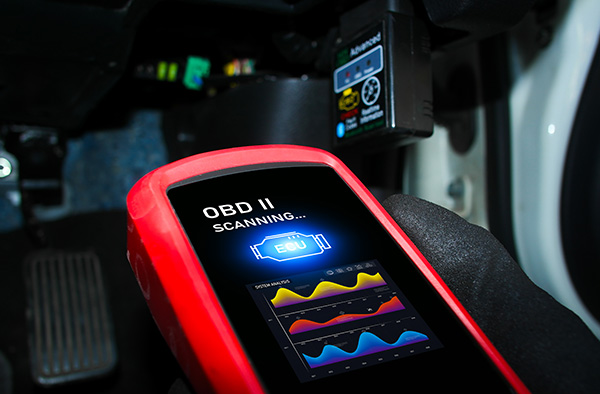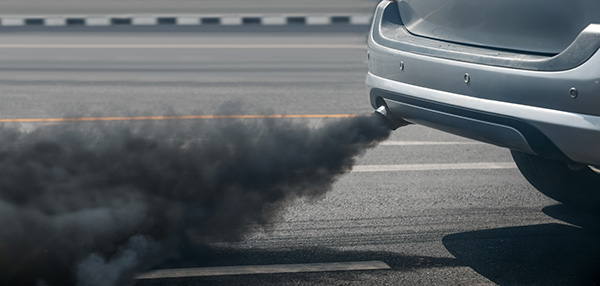Posted on 3/28/2025
%20copy.jpg)
It’s one thing when gas prices go up—it’s another when your fuel gauge seems to drop twice as fast as it used to. If you’re filling up more often and can’t figure out why, you’re not imagining things. When your car starts burning through fuel faster than usual, it's a sign that something isn’t working quite right. While it’s normal for fuel economy to vary slightly depending on your driving habits or the weather, a noticeable drop in MPG almost always has a cause. And if it’s left unchecked, it can affect more than just your wallet—it can also lead to reduced performance and long-term wear on your engine. Driving Habits Before looking under the hood, it’s worth thinking about whether your routine has changed. Are you making more short trips? Driving in heavy traffic more often? Accelerating harder than usual? Cold starts and stop-and-go traffic force your engine to work harder, using more fuel in ... read more
Posted on 2/28/2025

Today’s vehicles rely on complex computer systems to keep everything running efficiently, but when a warning light appears on your dashboard, it’s not always clear what’s wrong. The check engine light could mean anything from a loose gas cap to a serious engine issue. Without a professional diagnostic test, you’re left guessing. That’s why an engine diagnostic service is so important—it helps identify potential problems early, saving you time, money, and stress. So, what’s really going on under the hood? Early Detection of Problems One of the biggest advantages of an engine diagnostic is that it can catch small issues before they become major repairs. Your car’s computer system stores error codes related to engine performance, emissions, and other critical components. A diagnostic scan can reveal problems such as: Failing oxygen sensors Misfiring cylinders Transmission issues Faulty mass airflow sensors Emission sy ... read more
Posted on 1/31/2025

Have you noticed your car’s oil level dropping faster than usual? Maybe you’ve even seen bluish smoke trailing behind you as you drive. Burning oil is a common issue, and while it might seem like a minor inconvenience at first, it can signal significant engine problems that need attention. Understanding what causes a car engine to burn oil can help you address the issue before it leads to more severe damage and costly repairs. Why Engines Burn Oil All engines consume a small amount of oil during regular operation, but burning excessive oil isn’t normal. When oil burns, it typically happens because it has found its way into the combustion chamber. This can happen for several reasons, ranging from minor issues like worn-out seals to more serious internal engine problems. Identifying the cause early is key to preventing further damage. Worn Piston Rings Piston rings are critical for maintaining the seal between the piston and the cyl ... read more